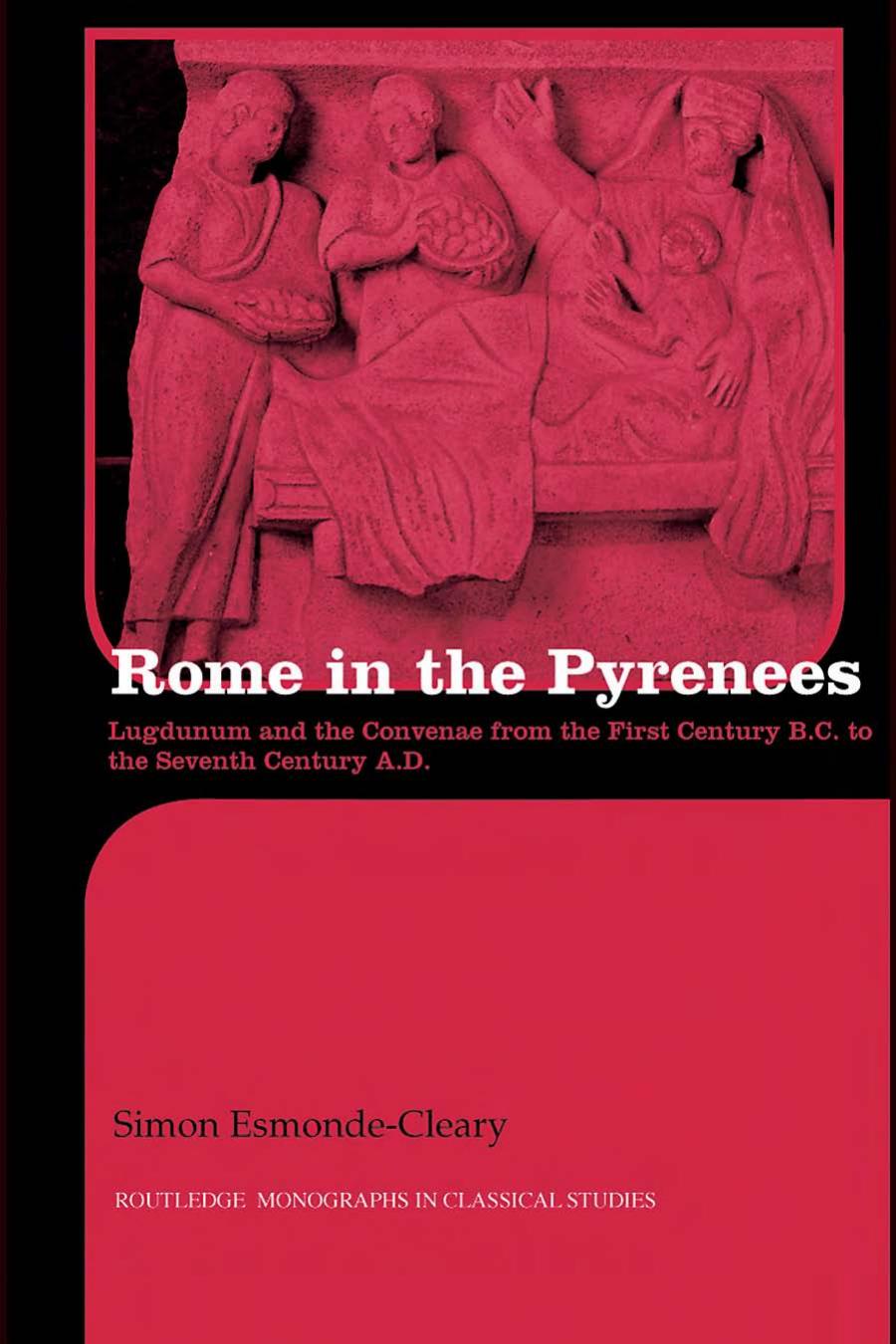

Most ebook files are in PDF format, so you can easily read them using various software such as Foxit Reader or directly on the Google Chrome browser.
Some ebook files are released by publishers in other formats such as .awz, .mobi, .epub, .fb2, etc. You may need to install specific software to read these formats on mobile/PC, such as Calibre.
Please read the tutorial at this link: https://ebookbell.com/faq
We offer FREE conversion to the popular formats you request; however, this may take some time. Therefore, right after payment, please email us, and we will try to provide the service as quickly as possible.
For some exceptional file formats or broken links (if any), please refrain from opening any disputes. Instead, email us first, and we will try to assist within a maximum of 6 hours.
EbookBell Team

4.8
104 reviewsRome in the Pyrenees is a unique treatment in English of the archaeological and historical evidence for an important Roman town in Gaul, Lugdunum in the French Pyrenees, and for its surrounding people the Convenae. The book opens with the creation of the Convenae by Pompey the Great in the first century B.C. and runs down to the great Frankish siege in A.D. 585 and its aftermath.
Now the town of Saint-Bertrand-de-Comminges, Lugdunum is one of the best-known Roman towns in Gaul, with a rich selection of monuments at the town itself and important remains in the countryside, such as the classic villa at Montmaurin or the votive altars, cinerary caskets and sarcophagi in the local marble. The book traces how the Convenae used their marble to help create their identity, invisible before Pompey but amongst the richest and most distinctive in Gaul by the second century A.D.
Drawing on his own excavations at Saint-Bertrand and the extensive earlier and recent work there, Simon Esmonde Cleary combines a clear description of the buildings and monuments of Lugdunum and of its countryside with a discussion of what they can tell us about the impact of Rome on this remote corner of its empire.
This book will be extremely valuable to ancient historians, classicists and students of Roman archaeology, and contains a guide to the visible Roman remains of the area.